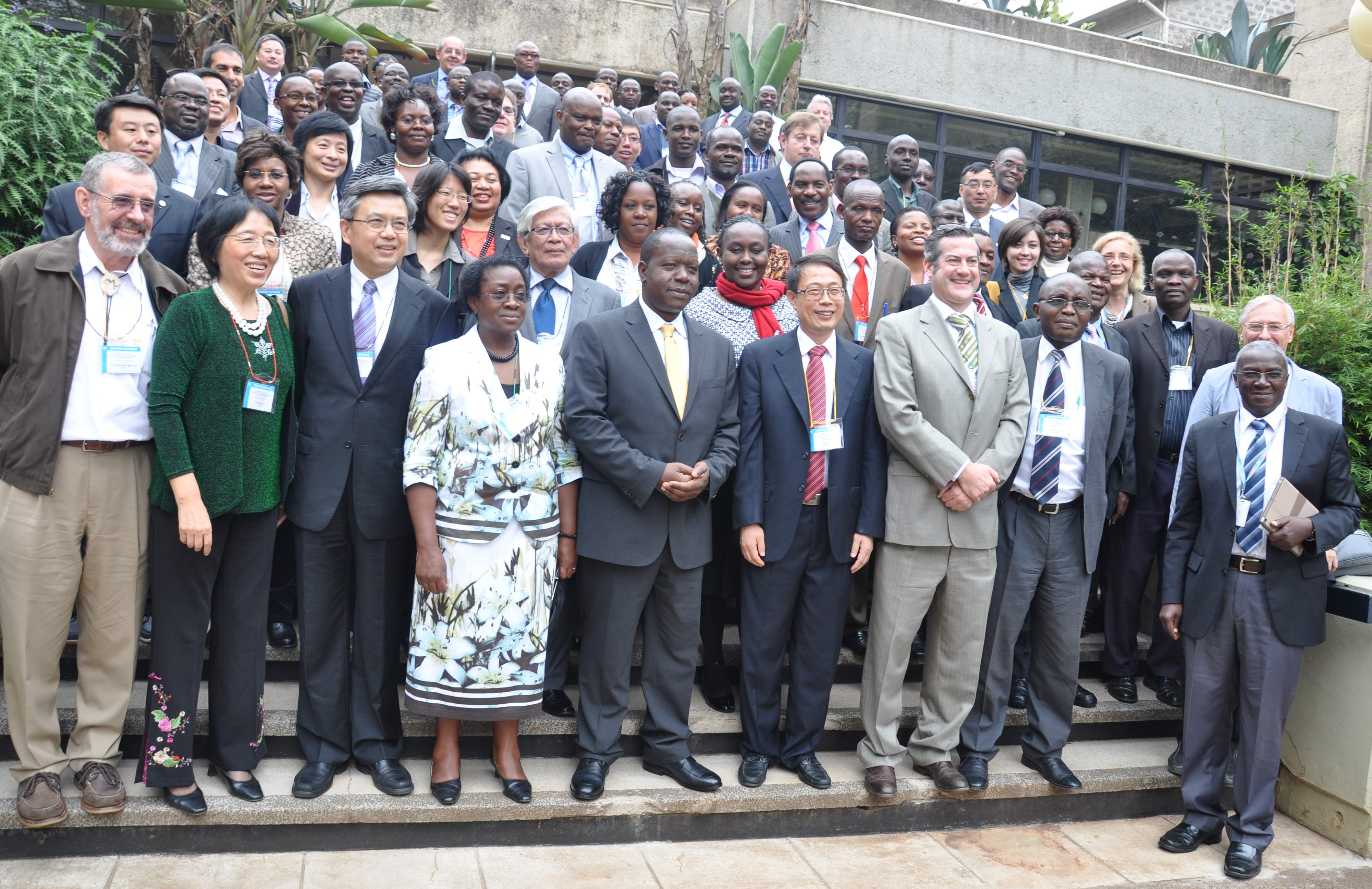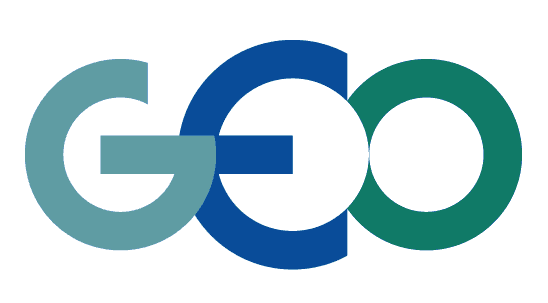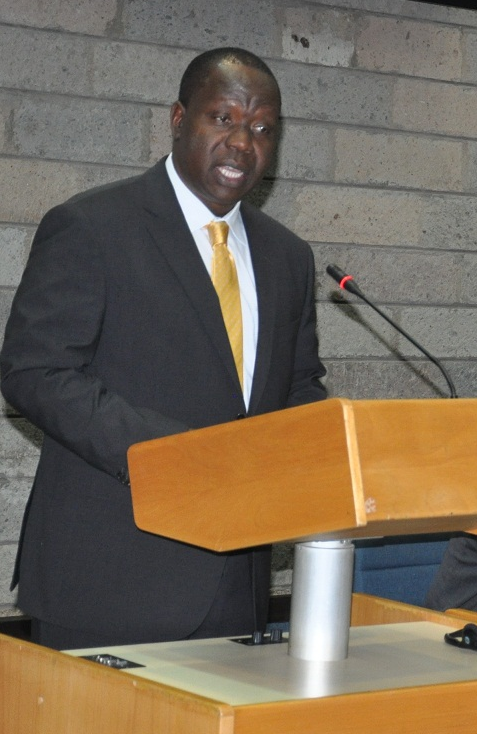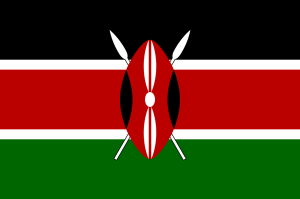Workshop on Open Data for Science and Sustainability in Developing Countries
Supported by Dr. Fred Matiang’i, the Kenya Cabinet Secretary, the Workshop on Open Data for Science and Sustainability in Developing Countries was hosted by UNESCO at the United Nations Offices in Nairobi, from 6 to 8 August 2014.

This meeting was organised by CODATA and the CODATA Task Group on Preservation of and Access to Scientific and Technical Data in/for/with Developing Countries (PASTD), in collaboration with the Jomo Kenyatta University of Agriculture and Technology (JKUAT), the United Nations Educational, Scientific and Cultural Organisation (UNESCO), the Group on Earth Observations (GEO), the Communication and Information Committee, World Federation of Engineering Organization (WFEO-CIC) and the Kenyan Ministry of Information, Communications and Technology (MOICT).

GEO kindly sponsored the participation of two regional mambers of AfriGEOSS at this workshop.
Objectives
The purpose of the Nairobi SSCD Workshop was threefold:
- To describe and showcase the accomplishments of the participating organizations and other contributors in using research data and ICTs and in developing open knowledge environments to reduce the digital research divide during the last ten years.
- To describe the strategies and future objectives of the sponsoring and participating organizations and discuss their common interests in this area, with special consideration for the UN’s post-2015 Sustainable Development Goals (SDGs) and ICSU’s Future Earth research program in developing countries.
- Develop and endorse a Guideline for Implementation of Principles of Preservation of and Open Access to Research Data in Developing Counties.
Address by Cabinet Secretary, Dr. Fred Matiang’i

The Opening Ceremony was addressed by Cabinet Secretary, Dr. Fred Matiang’i who argued that there is a need ‘to develop policies, both at the international and national levels, that deal with development and implementation of data and information, including issues around Open Access, Access to Information and Data protection legislation, and on charging and reuse of public sector information.’
Dr. Fred Matiang’i called on CODATA to ‘become more visible in education and capacity-building by developing science and educational programs and activities that focus on data and information and urged CODATA and the workshop partners to develop ‘an action plan that will eventually optimize the flow of information, especially government generated information, research, and content for the benefit of users’. He also expressed the government’s support for plans to ‘establish a regional Data Sharing Centre to accelerate generation, analysis, management and archival of scientific data to support its development plans’.
This address was a genuinely exciting call for action and greatly appreciated support for the objectives of the workshop. The full text of Dr. Matiang’i’s speech is available here.

Outputs and Impact of the Workshop
- The key direct output of the workshop was the Principles of Preservation of and Open Access to Research Data in Developing Countries.
- The workshop also led to the Jomo Kenya University of Agriculture and Technology joining CODATA on behalf of Kenya.
- Dr. Matiang’i’s announcement of support led directly to the creation of JKUAT’s ICT Centre of Excellence and Open Data which is working to promote a culture of excellence and good practice in Open Data.
Read more (full story)
See the CODATA Kenya page.
